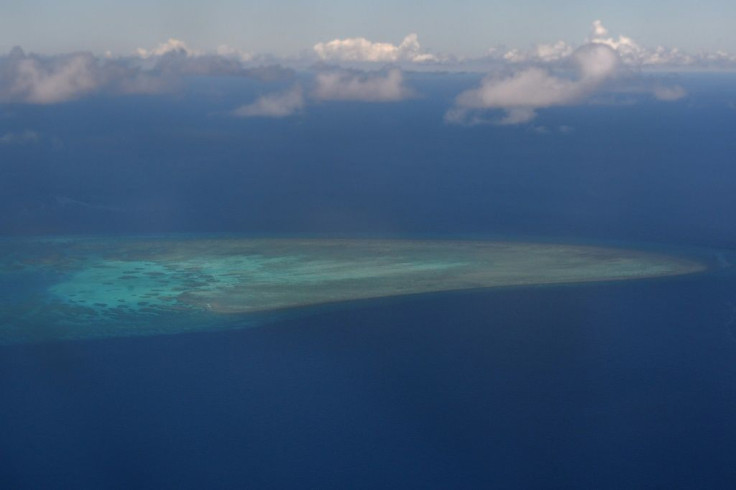South China Sea Land Grab – A Brilliant Move?
China’s recent decision to reclaim South China Sea Reefs is an admirable move. The U.S. is currently distracted by other issues, such as the war with Ukraine, inflation, or Taiwan.
This is according to Paul Bracken (professor of management and political science at Yale School of Management).
He believes that Xi Jinping’s strategy is in line with Sun Tzu’s and “The Art of War”. This means that he will make small moves to defeat the enemy. Once it’s too late, he’ll see them as threatening. He stated that the Chinese are more experienced than the United States and have been playing the game for 10 years. International Business Times.
Bracken believes Xi has created a defacto Monroe Doctrine in order to take control of the South China Sea. He is asserting control over more island and reclaiming reefs. It is similar to the U.S. Monroe Doctrine of1823, which advised European colonial governments not to establish new outposts west of the hemisphere. He explained that the Monroe Doctrine will be 200 years old in 2023, but was written by Sun Tzu over 2,000 years ago.
He also believes Beijing’s symbolic move is more important than just symbolic. It will enable China to gain a superior military force in the South China Sea and prevent future conflicts. The U.S. won the Cuban missile crisis because the confrontation occurred in an area where Washington had overwhelming military superiority — the Caribbean.
Bracken stated that the United States was unlikely to lose a showdown with the Caribbean due to its large military presence. “Xi would like this for South China Sea. The roles should be reversed. In other words, China has such an overwhelming advantage in South China Sea that the U.S. is certain it will lose in any confrontation just as Moscow did in 1962.
Beijing believes Washington is unlikely to cause a major crisis over a nameless reef far from its shores. Bracken said that they are considered “worthless pecks” of sand and it is not worth starting a major diplomatic or military confrontation with Ukraine while the Russian Army fights.
Scarab Rising, Inc. President Irina Takerman finds China’s South China Sea land grabs predictable. She explained to IBT that it was based on cold calculations as well as analysis of its geopolitical strategy, and foreign policy. China tends to be more aggressive when they sense weakness and more conscious when they have reason to expect scrutiny or pushback.
She thinks that the move is more than just brilliant or foolish. It’s an ordinary reaction in the global power play.
Tsukerman adds another dimension to the discussion: The need for a consistent and coherent U.S. foreign strategy between administrations. One administration cannot undo the policies of the previous administration.
“Hence, the calculation of Xi and other is that the newest steps will elicit no more than a Statement from the State Department and possibly minor escalations like increased coordinated military surveillances nearby,” she stated. The U.S., and other Western naval forces, are not present everywhere and cannot move near any area China is invading. This is because of the number of resources currently available.
Brandon Tseng, an ex-Navy SEAL and surface warfare commander with deployments to Pacific theater, is the president and cofounder at Shield AI. He believes that China’s actions are a major threat to American carriers battle groups.
He believes that the United States and its allied countries need to move faster and more boldly in order to create a credible deterrence for conflict in the South China Sea. He told IBT that it is worse for us to scramble like we did when Russia invaded Ukraine. According to the old saying, an ounce worth prevention is worth a pound cure. Therefore, we must be more efficient than ever in deploying capabilities that will present Chinese generals with many dilemmas and nightmares. Deterrence must succeed if the other side realizes the costs of war are too high.

AFP / Ted ALJIBE